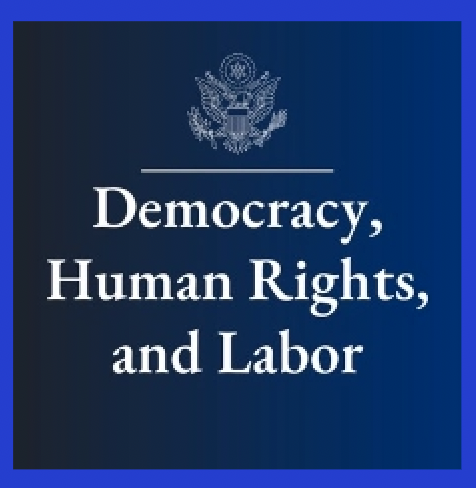Why do you think you were selected as a winner?
I thought about why I became a lawyer when applying for the competition. When I was a student, a female lawyer visited our university and made a great impression on me. After graduating from the university, my teacher Zulfia Umarova brought me to the Collegium of Advocates of the Namangan Region. Following that, Akmal Mamajonov, the Chairman of the Collegium, hired me as a trainee lawyer and appointed Abdusalam Yuldashev as my supervisor. My mentors took me under their wing and trained me in the legal profession. They assigned me my first job, in which a young man was accused of religious extremism and sentenced to 6 years in prison for distributing leaflets. During that time, I learned how to write a complaint, which was returned by Qurbanoy Karimova marked with a red pen, showing my mistakes. That was a lesson to never stop fighting. The case was presented to the Supreme Court and the punishment was reduced to 3 years. That gave me the strength to continue my legal career. I think the reason why I won this competition is the encouragement of my teachers and mentors, the trust of those under my protection, and my hard work.
I chose the profession of a lawyer because of the freedom that the lawyer has and the ability to touch people’s lives. All the struggles you experienced are worth it when you receive a word of gratitude from the person you were protecting. A lawyer should also be a psychologist. They should know how to talk to people and understand that each person is a world of their own. If you can get into that person's inner world, your job will be much easier. Looking at my achievements now, I think my ability to understand people contributed to them.
What are you most proud of?
I am proud of my profession. I remember a case, where the person under my protection was charged with part 2 of Article 97 of the Criminal Code. The Namangan Regional Court sentenced him to 15 years of imprisonment. During the preliminary investigation and trial, the defendant was not assigned a psychological examination. Based on this, the Supreme Court sent the case to the Namangan Region for a review in the appellate instance. The appellate instance of the Namangan Regional Court reclassified his actions to Article 98 of the Criminal Code and released him from punishment based on the amnesty act. At that time, the acquittal was considered a great achievement for a lawyer. I consider this the greatest achievement of my career. It is no exaggeration to say that the result of this criminal case made me famous as a lawyer.
Why do you do your job, what motivates you?
The biggest motivation is the people’s gratefulness. I feel strongly motivated when people thank me for my work. I feel strong when people appreciate my help and support.
What is the most challenging part of your job?
To answer this, I would like to tell you about one of the most difficult cases in my career. In the past, there were many cases where the accused was not provided legal aid in due time and additional charges were added. By the time the accused had a chance to speak with a lawyer, he would have confessed to crimes he did not commit. This made the lawyer's job much more difficult. Another example is that in the past, I would have to wander around the detention centers to look for the person under my protection. There was even a situation when a person under my protection was brought to administrative responsibility and sentenced to 15 days in prison, where they treated her badly. When I wanted to meet with her, the NSS strongly resisted and even went so far as to question my license. In the end, this girl was released from responsibility, but this case left a long-lasting impression.
What is your biggest professional achievement or success that you would like people to know about?
It is a tough question because I don’t showcase my achievements. I have a motto: let your actions speak for themselves.
How about gender issues in your profession? Is there a gender inequality issue in this profession?
I wouldn’t say that there is a big difference. This profession gives equal opportunities. Sometimes female lawyers have more privileges because women are more empathetic. That’s the reason why many people choose to work with female lawyers. This profession empowers women.
How does your work impact society in your opinion?
I also work at the regional office of Chamber of Advocates in Namangan, and we engage in many Pro-Bono projects. I think that is how I contribute to society. One of the examples is that I helped many law enforcement officers rehabilitate in their professional and personal life, and I am proud of that. I think there should be more efforts made to recognize the work of lawyers in our society.





